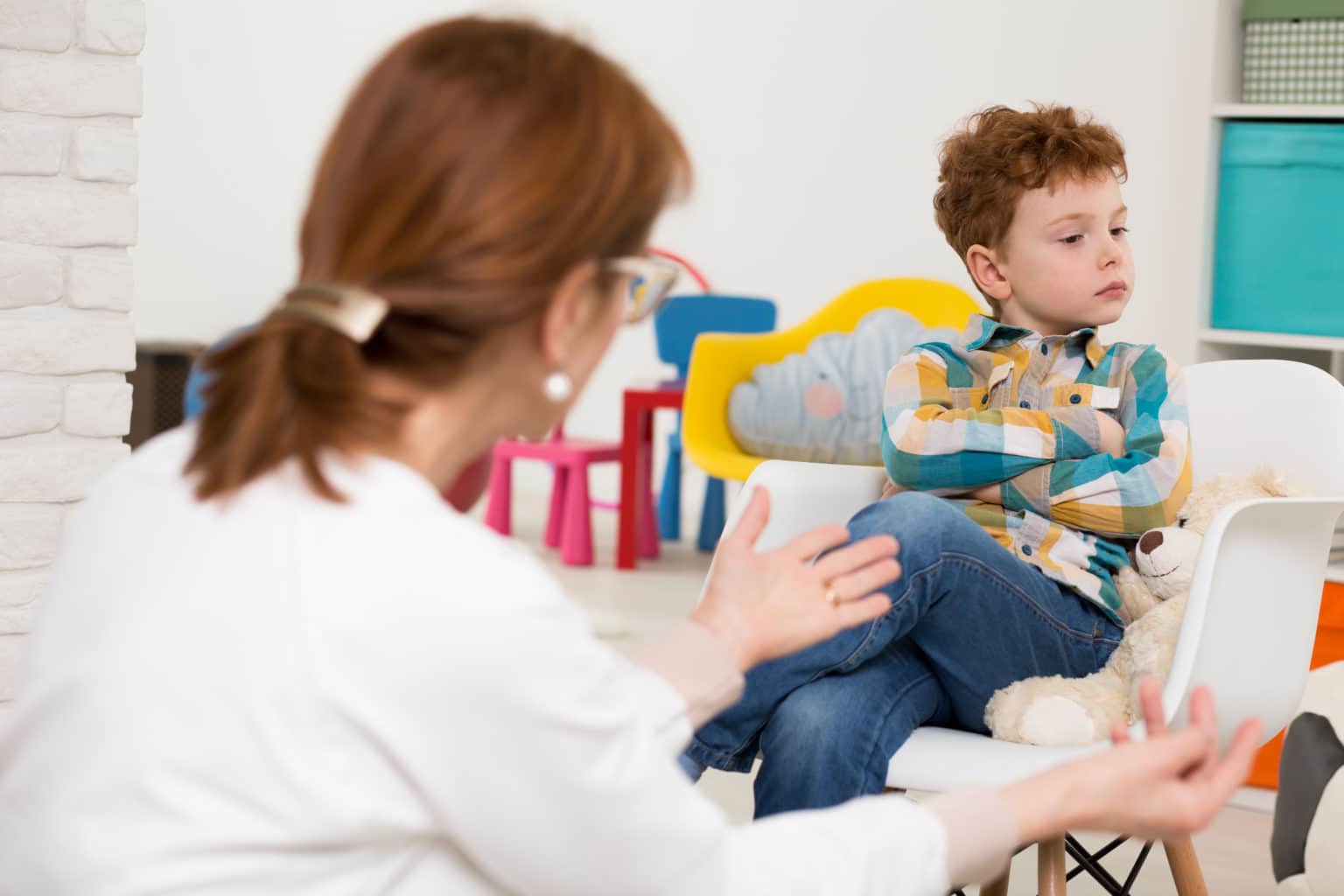
In partnership with Cincinnati Children’s Hospital, the #3 Children’s Hospital in the country, First Student has turned to expert in behavioral psychology, Dr. Allison Blackburn, for some tips on how to help children as they navigate a new reality of social distancing and remote learning. In our new three-part “Ask the Expert” series, we will address 1) dealing with uncertainty, 2) establishing strong routines, and 3) addressing stress and behavioral changes in your child.
As we adjust to our temporary “new normal” and practice social distancing to stop the spread of the novel coronavirus, some parents and caregivers may start to notice signs of stress in their child.
During times of change and uncertainty, and as routines begin to change, children may start to have questions, or even behavioral issues as they adjust to change.
Dr. Allison Blackburn, a behavioral psychologist at Cincinnati Children’s Hospital, shares some insights on how to help students acclimate to the changes around them.

What are some common triggers and how can you recognize signs of stress in your child early?
DR. BLACKBURN: Be on the lookout for significant changes in your child’s behavior, such as irritability, crying, and self-isolation. These could be indicators of stress, increased anxiety, or mood dysregulation.
Addressing your child’s feelings and/or challenging behaviors can be tough any time, but especially difficult during this economic and health crisis. It is okay to “feel your feelings.” Labeling feelings and talking about them can reduce their power and help your child regain a sense of control.
Focus on good sleep hygiene, increase positive family time, increase time outside, and maintain a schedule when you can. We know that new behavior strategies or interventions can result in an increase or escalation of that behavior before it decreases. It’s okay to decide that your family is going to “maintain” behaviors the best way you can right now, while choosing not to tackle new strategies or responses to behavior during this time.
If you are concerned for behaviors that are harmful to your child or others, reach out to your primary care physician or local behavioral health providers. Across the country, clinics are rapidly moving to telemedicine to help support you with these concerns from the comfort of your own home to reduce spread and exposure to COVID-19.
Dr. Blackburn’s suggested resources:
- Behavior and Down Syndrome, A Practical Guide for Parents, Children’s Hospital Boston
- Positive Behavior Support, Autism Speaks
- Peace Out Guided Relaxation for Kids (Balloon), Cosmic Kids Yoga
- Supporting Individuals with Autism through Uncertain Times, UNC Child Development Institute
- Supporting Kids During the Coronavirus Crisis, Child Mind Institute
- COVID-19: How to Keep Kids Busy and Connected, Nationwide Children’s Hospital
Check out our other resources on helping children deal with uncertainty and establishing strong routines for remote learning.